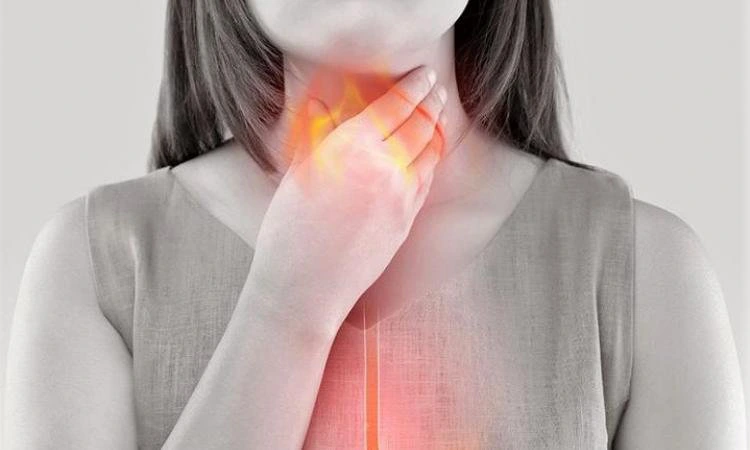Acid reflux or gastroesophageal reflux disease (GERD) is a condition in which stomach acids back up into the food pipe producing a burning sensation behind the chest bone. Normally, acid is trapped in the stomach by a circular band of muscle (sphincter), which remains closed except when swallowing. If the sphincter relaxes abnormally or becomes weakened, stomach acid tends to back up, causing symptoms of heartburn.
Ayurvedic therapy for acid reflux
Common signs and symptoms of GERD include heartburn after eating (especially at night), chest pain, difficulty swallowing, regurgitation of food or sour liquid, the sensation of a lump in the throat and disrupted sleep. Several studies suggest a significant link between GERD and respiratory problems – chronic cough, laryngitis and asthma.
Overweight, overeating, certain foods, some beverages, and certain medications contribute to GERD. There also appears to be an inherited component to GERD, as it is more common in some families than in others. Elevate the head side of your bed by placing a block under the feet of the bed.
Take small meals throughout the day, rather than two or three large meals Eat food slowly and chew thoroughly. Take early dinners. Limit uncooked salads, fatty or fried foods, mustard, vinegar, tomato sauce, alcohol, citrus products, garlic, onion, carbonated drinks and caffeine.
GERD is treated slightly different than gastritis. Drink water boiled with cumin seeds. Intake of 2-3 pinches of long pepper powder (a variety of pepper available in Indian supermarkets) with honey is useful too. Fasting for half day in a week can be helpful. Consult an Ayurveda doctor who will prescribe a course of medication.
Branches
Branches
JUMEIRA-+971434443354
DHCC-+97144431467
KARAMA-+97143426434
AL NAHDA-+97142207003
RAK-+971559835111
AJMAN-+971167441423,+971506766269
HELPLINE-0561151269,0561144248











